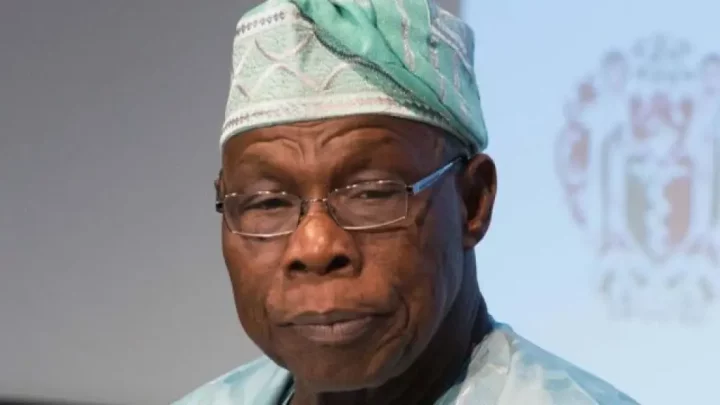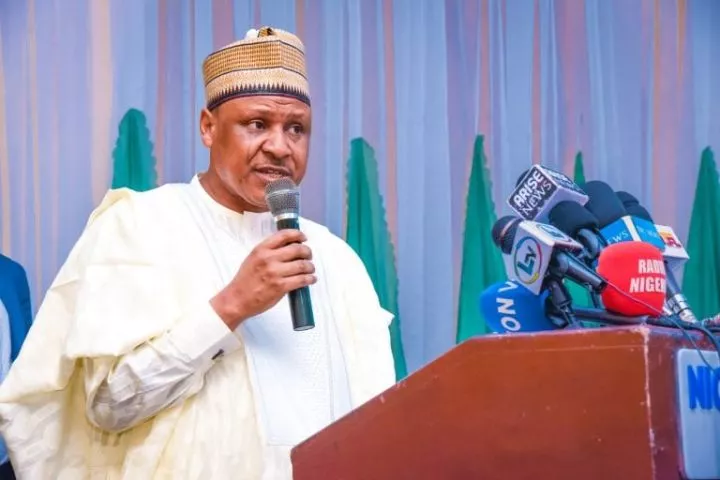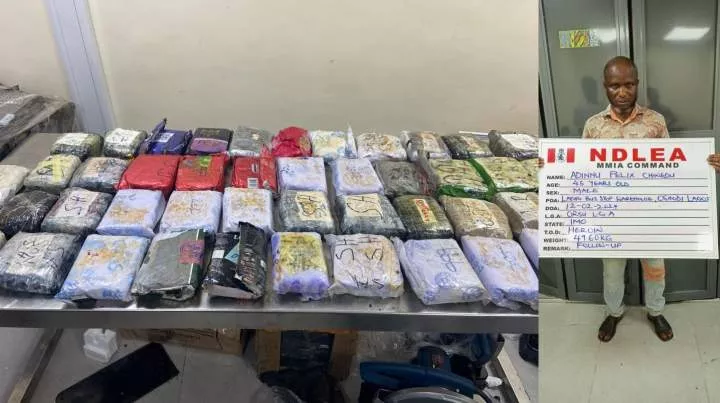
According to report, in times of adversity, resilience becomes the beacon that guides nations through stormy waters. As the saying goes, "When the time is rough and tough, the tough must get going." Nigeria, like many other countries, grapples with its share of challenges. However, the recent surge in inflation has thrust the nation into a critical juncture.
The specter of galloping inflation looms large over Nigeria. The Nigeria Bureau of Statistics (NBS) recently reported that the food inflation rate in January 2024 surged to 35.41 percent year-on-year, a staggering 11.10 percentage points higher than the rate recorded in January 2023 (24.32 percent). The cost of essentials-bread, cereals, potatoes, yam, oil, fat, fish, meat, fruit, coffee, tea, and cocoa-has soared, burdening households across the nation.
In the face of this economic turmoil, Nigerians are seeking solutions. Interestingly, Zimbabwe, a country that weathered its own inflation crisis, provides valuable lessons. "Do we have a country with such problems recently? Yes, we do," acknowledges a concerned voice. Zimbabwe's experience may differ, but the wisdom lies in asking questions, regardless of the approach we take. By learning from those who have overcome similar challenges, we can navigate our way out of this crisis.
President Tinubu, in a bold move, removed subsidies on petrol. His rationale? The initial arrangement disproportionately favored the wealthy while leaving millions of poor citizens in dire straits. Tinubu's decision, though met with temporary suffering, aims to propel Nigeria toward prosperous economic growth. The World Bank has applauded these concrete steps to dismantle harmful government subsidies and address multiple exchange rates.

















Comments